Why Your Baby Cries When Put Down: Understanding the Reasons and Solutions
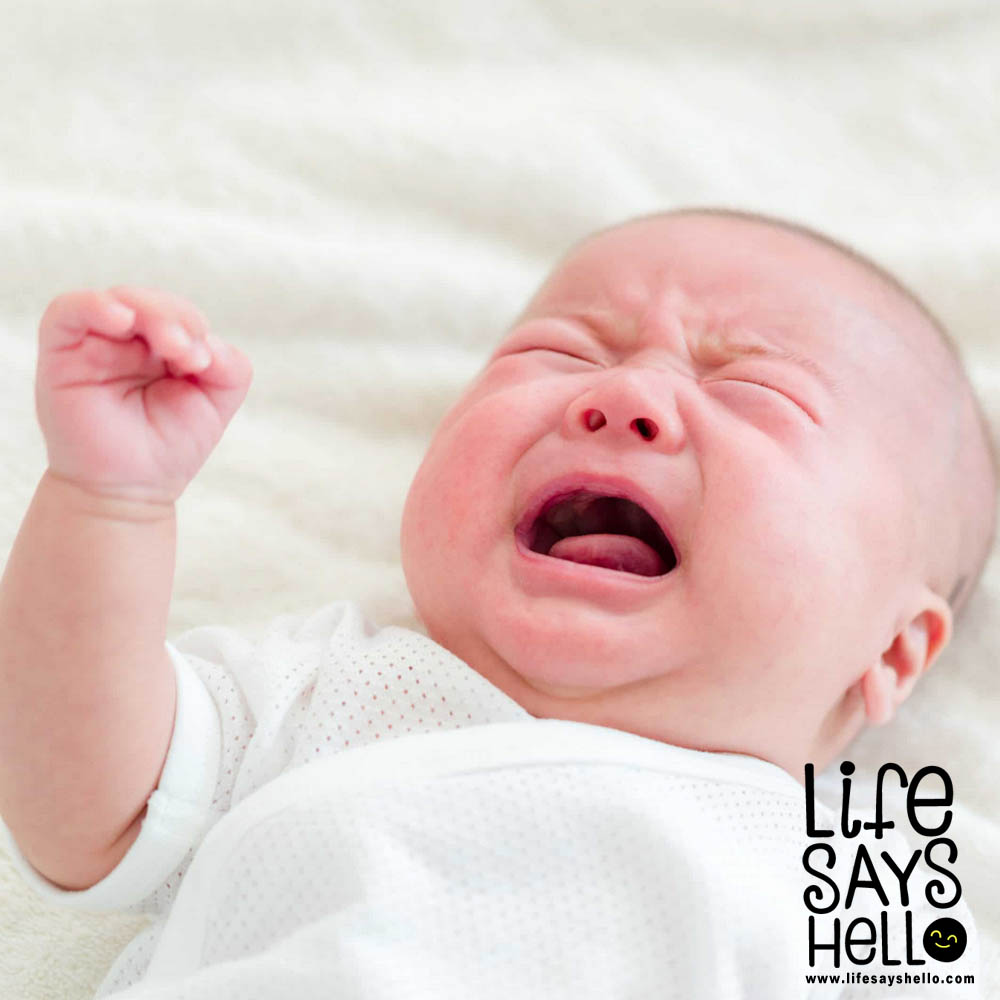
Babies are known to be fussy creatures that will cry at the slightest discomfort, leaving parents feeling helpless and stressed. One of the most common problems that new parents face is their baby crying when put down.
As a parent, it can be difficult to understand why your little one is crying, and what you can do to ease their discomfort. In this article, we’ll explore some of the reasons why babies cry when put down and offer practical solutions to help soothe your little one.
Understanding the Science Behind Your Baby’s Cries
Before we dive into the reasons and solutions, it’s important to understand what’s happening behind your baby’s tears. Crying is your baby’s way of communicating with you, and it’s essential to pay attention to their cries to understand what they need. When a baby cries, they’re trying to tell you that they’re hungry, uncomfortable, tired, or need a diaper change. Crying is an instinctive behavior in babies, and it’s essential to understand what triggers it.
Reasons Why Your Baby Cries When Put Down
Hunger: One of the most common reasons why a baby cries when put down is hunger. It is important to ensure your baby is getting enough food, and whether they have an appetite. Make sure to feed your baby on a regular schedule, so they don’t feel hungry and cry excessively.
Discomfort: Another reason why a baby may cry when put down is discomfort. For example, your baby may have a wet or soiled diaper, be too hot or too cold, suffering from gas or colic, or just uncomfortable in their clothes. It is crucial to assess your baby’s situation and provide the comfort they require.
Sleepiness: If your baby is feeling sleepy, they may cry when put down because they want to be held and comforted to sleep. Try to stick to a sleep schedule and use calming techniques to help your baby sleep, to avoid surprising them when you put them down.
Separation anxiety: Babies between the ages of six months to one year may experience separation anxiety, as they start to understand that they’re separate from their parents. They may cry when put down because they’re feeling afraid, and it is essential to keep them close and reassure them.
Sensory overload: Some babies cry when they’re put down because they’re experiencing sensory overload. Too much noise or activity can overwhelm your baby and cause discomfort and crying.
Solutions to Help Soothe Your Baby
Rocking: Rocking your baby can be a comforting way to soothe them, whether with a rocking chair or holding them and swaying. The motion can help to recreate the feeling of being in the mother’s womb which can be calming.
Swaddling: Babies find comfort in feeling secure and snug, swaddling your baby in a blanket or using a swaddle pod can create that sense of comfort.
Babywearing: Holding your baby close with a carrier or sling can help them feel secure and close to you, helping to ease their crying and anxiety.
Burping: If your baby is crying because of gas, burping them after feeding could help reduce their discomfort. Burping helps release gas bubbles that may cause crying.
White noise: Playing white noise machines or music that simulates the sounds of the womb can help to soothe your baby and put them to sleep
Conclusion
Babies cry when put down for a variety of reasons, and it’s essential to understand why your baby is crying and find solutions to help soothe them. Whether it’s hunger, discomfort, sleepiness, or sensory overload, there are several ways to soothe your baby effectively.
Remember that every baby is unique, so it takes time to learn what works best for your little one. By understanding the reasons behind your baby’s cries and applying the tips mentioned above, you can help your little one feel comfortable and secure when put down.
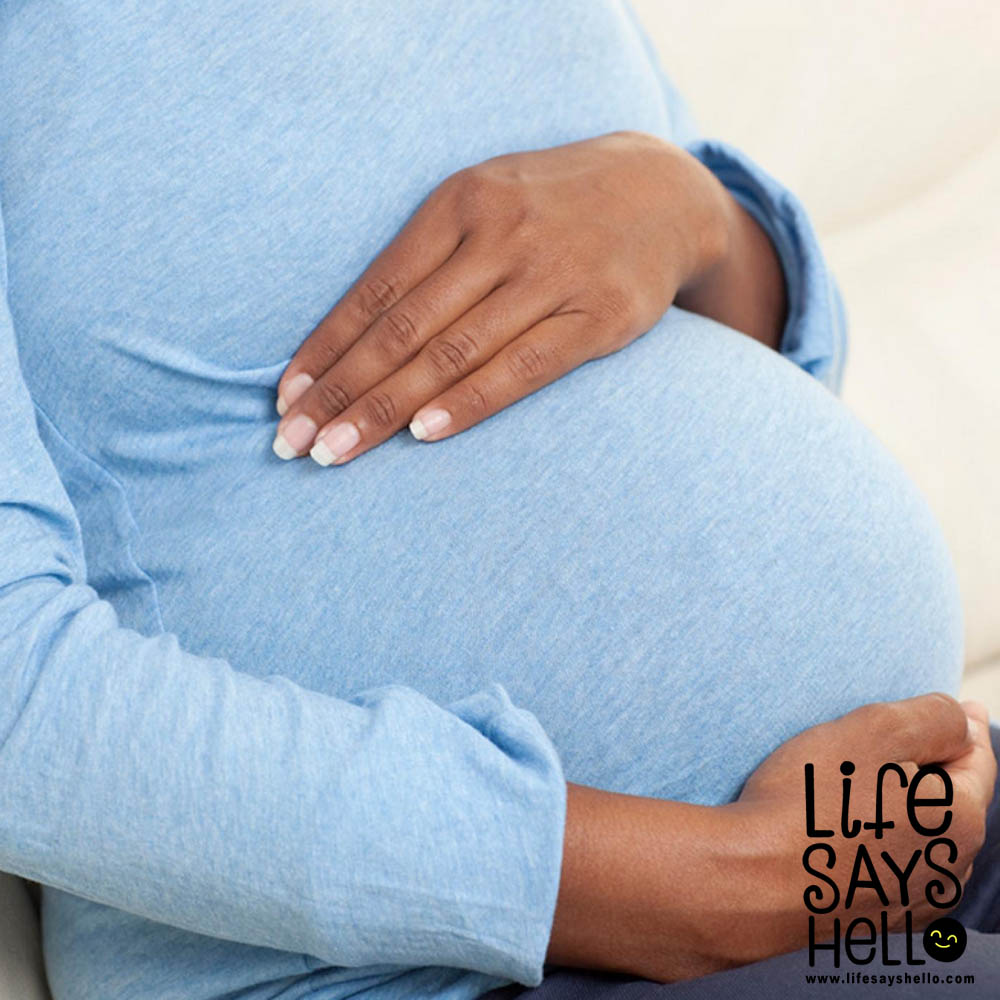
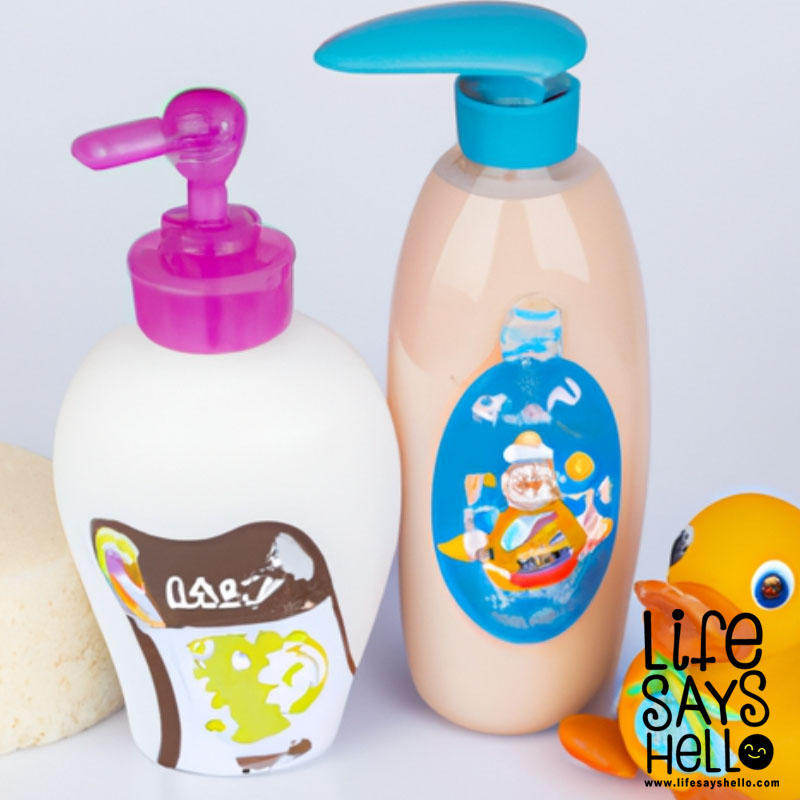
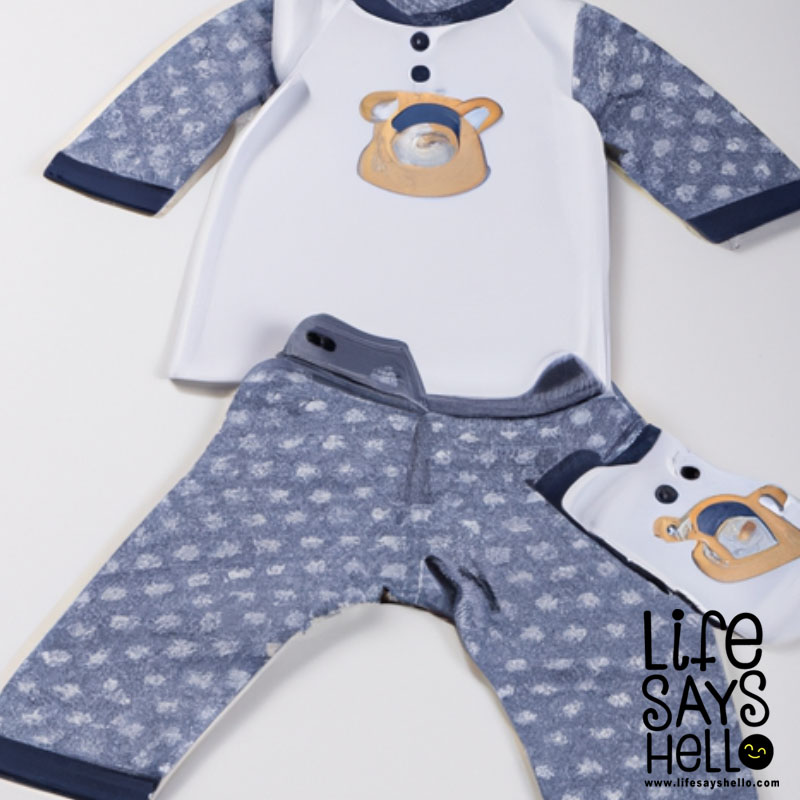
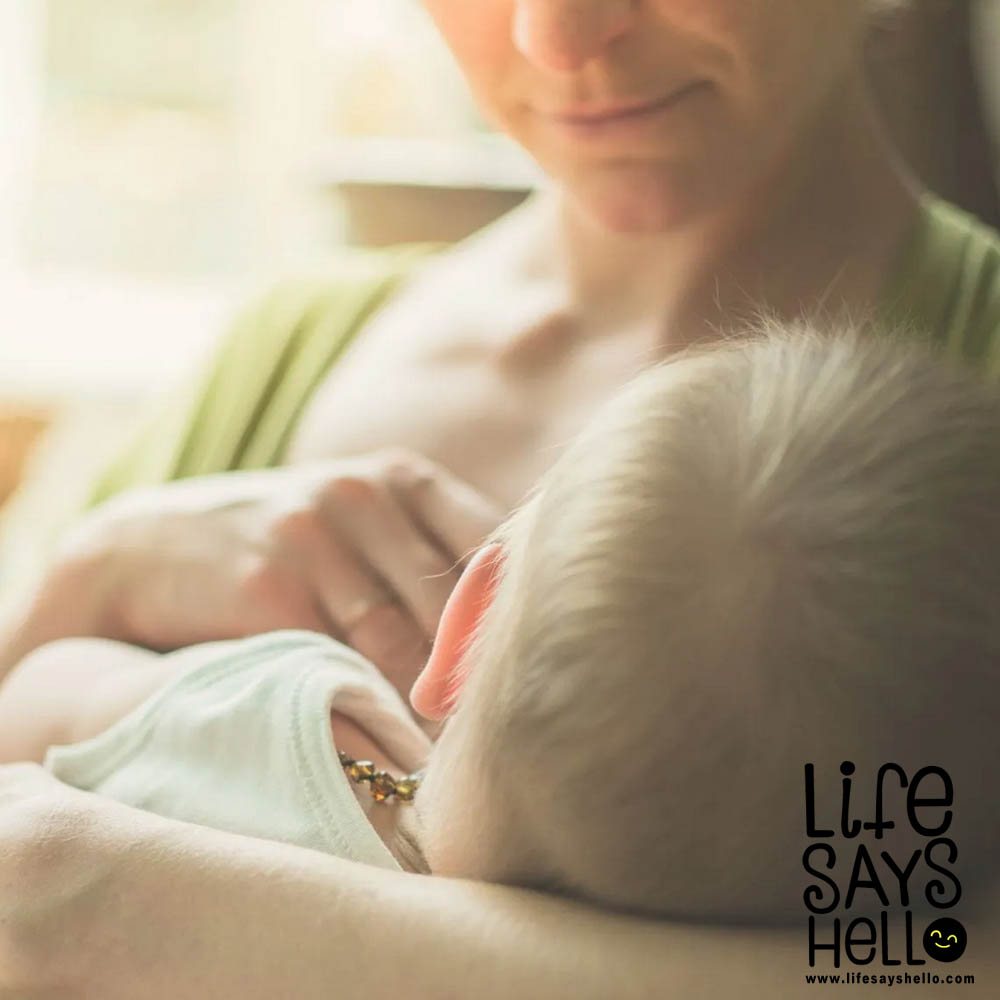
Comments